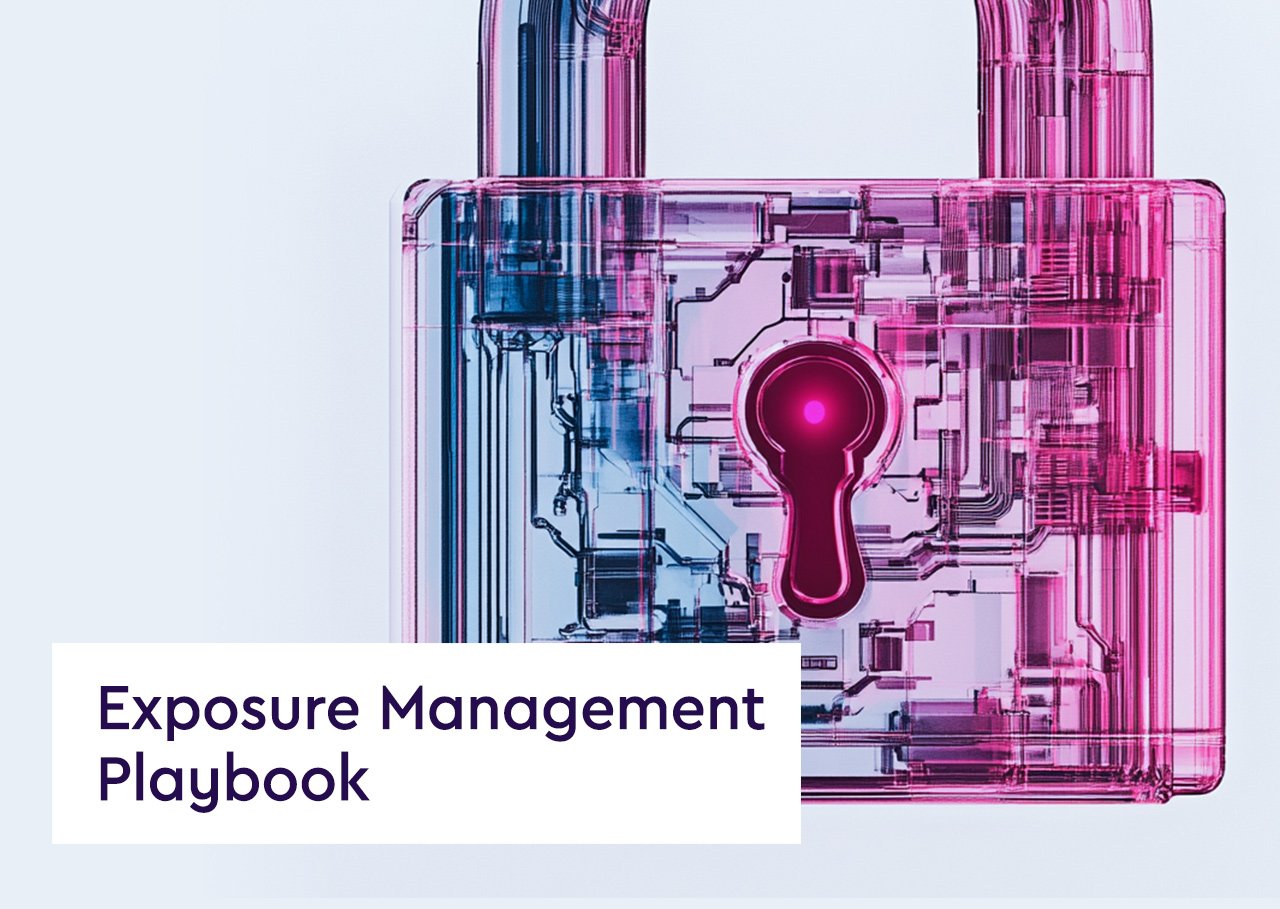Definition: A firewall is a network security device that monitors and controls incoming and outgoing network traffic based on predetermined security rules. Acting as a barrier between a trusted internal network and untrusted external networks, such as the Internet, a firewall can be hardware, software, or a combination of both.
Key Functions of a Firewall:
- Traffic Control: Firewalls regulate traffic between different areas of a network based on rule sets that specify allowed and blocked communication.
- Packet Filtering: Analyzes incoming and outgoing packets and lets them pass or halts them based on the destination and originating IP address, port number, protocol, and other criteria.
- Stateful Inspection: Tracks the operating state and characteristics of network connections traversing it. The firewall makes decisions based on the context, which includes details from previous connections and packets belonging to the same connection.
- Proxy Service: Firewalls can act as a proxy server, intercepting all messages entering and leaving the network. The firewall effectively hides the true network addresses.
Importance of Firewalls in Cyber Security:
- Network Security: Protects internal networks by filtering out potentially harmful elements from incoming traffic and preventing sensitive data from being sent out.
- Prevention of Cyber Attacks: Helps to prevent common attacks like viruses, worms, malware, and more sophisticated threats like application-layer attacks.
- Regulatory Compliance: Assists organizations in meeting regulatory requirements by providing a record of the network’s traffic when configured to log network traffic.
- Remote Access Management: Enables secure remote access to a corporate network through the use of secure authentication certificates and logins.
Challenges in Firewall Management:
- Complexity: Managing and configuring firewalls can be complex due to the intricacy of network structures and the evolving nature of threats.
- Performance Impact: Poorly configured firewalls can create bottlenecks, slowing down the network.
- Maintenance: Requires continuous updates and patches to safeguard against the latest vulnerabilities and threats.
Best Practices for Firewall Implementation:
- Regular Updates and Patch Management: Keep firewalls updated to protect against vulnerabilities and enhance functionality.
- Thorough Configuration: Carefully configure firewall rules and review them regularly to ensure they continue to meet the security needs without hindering legitimate network traffic.
- Network Segmentation: Use firewalls to create segmented areas within larger networks to provide enhanced protection and control over data flow.
- Monitoring and Logging: Implement monitoring and logging to detect unusual activity and potential breaches early.
Firewalls are a fundamental component of network security, providing a first line of defense against external threats. By controlling access to network resources via rules and criteria, firewalls play a critical role in protecting a network’s data integrity and availability. Whether for a small home network or a large enterprise system, firewalls are an essential tool for safeguarding digital assets.




